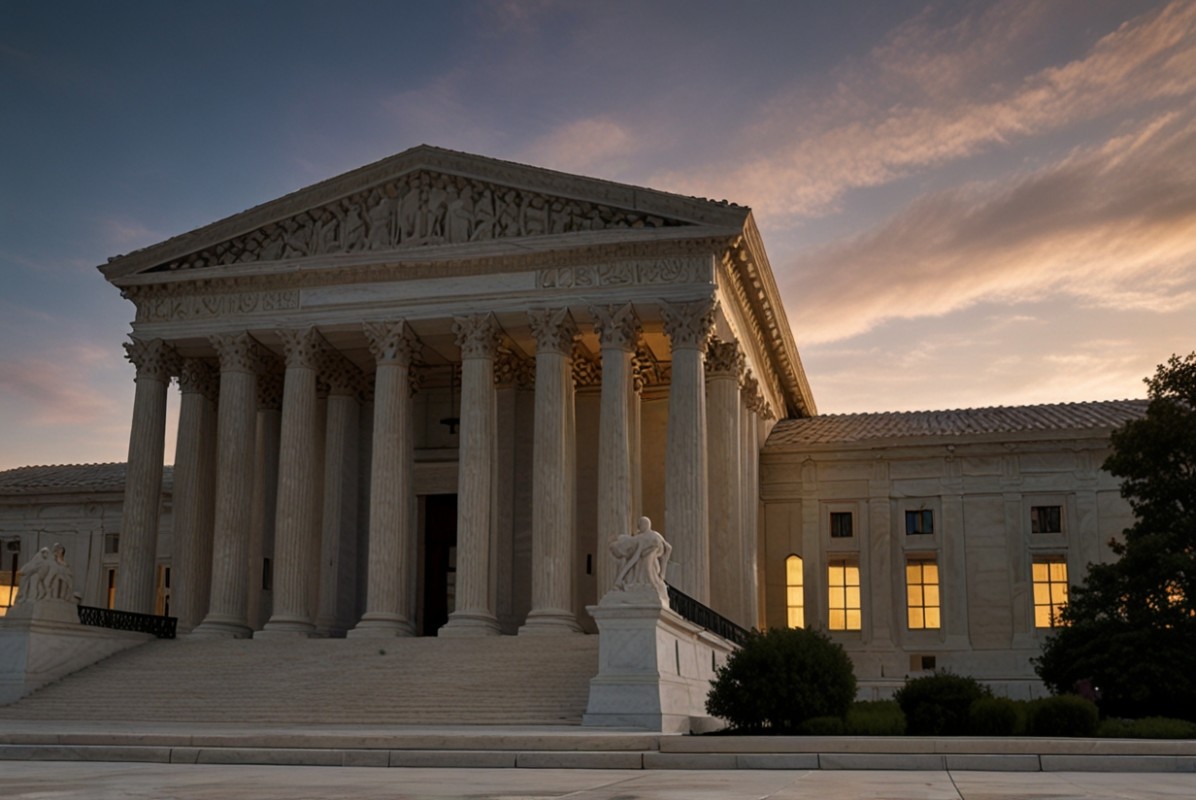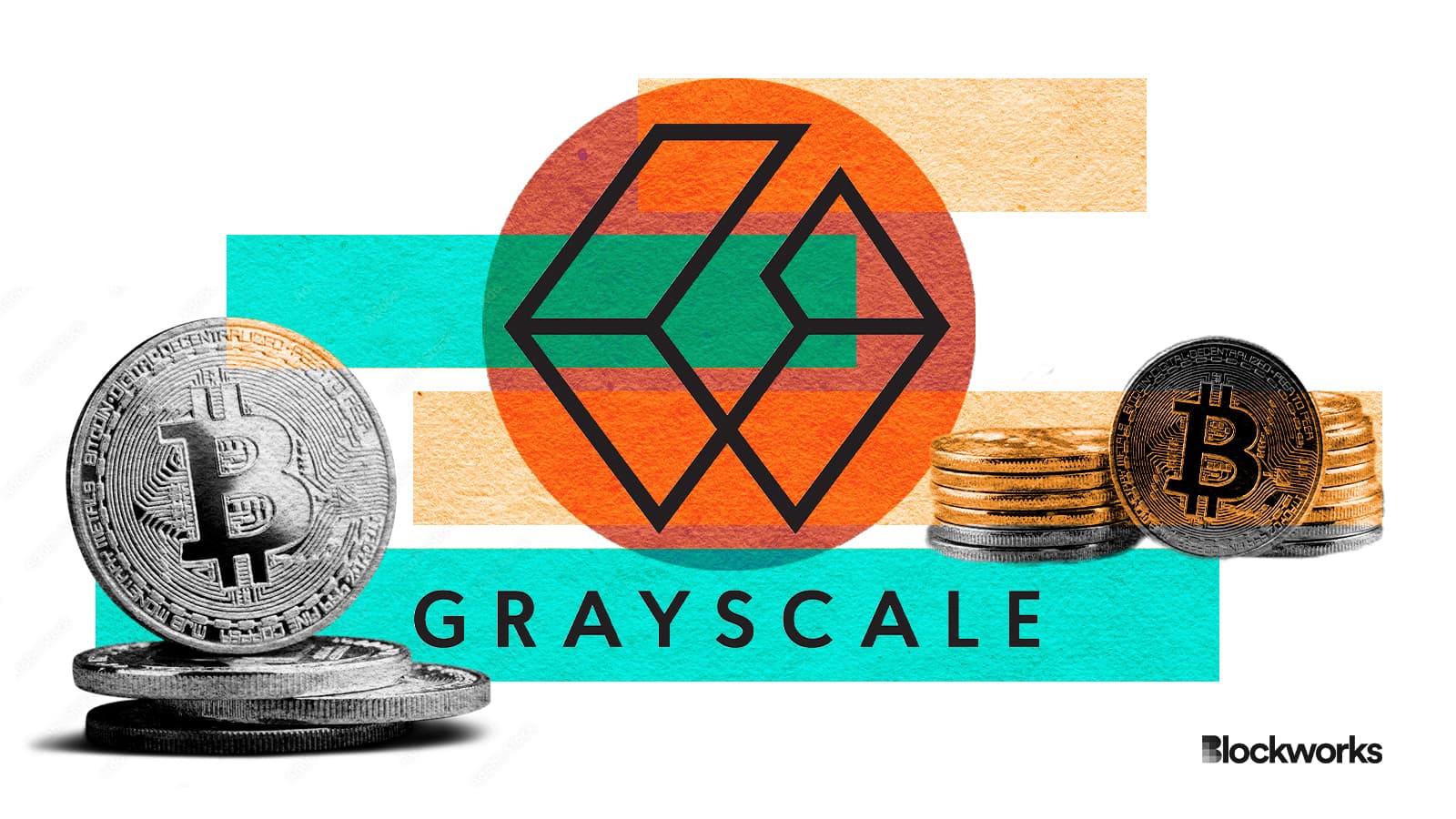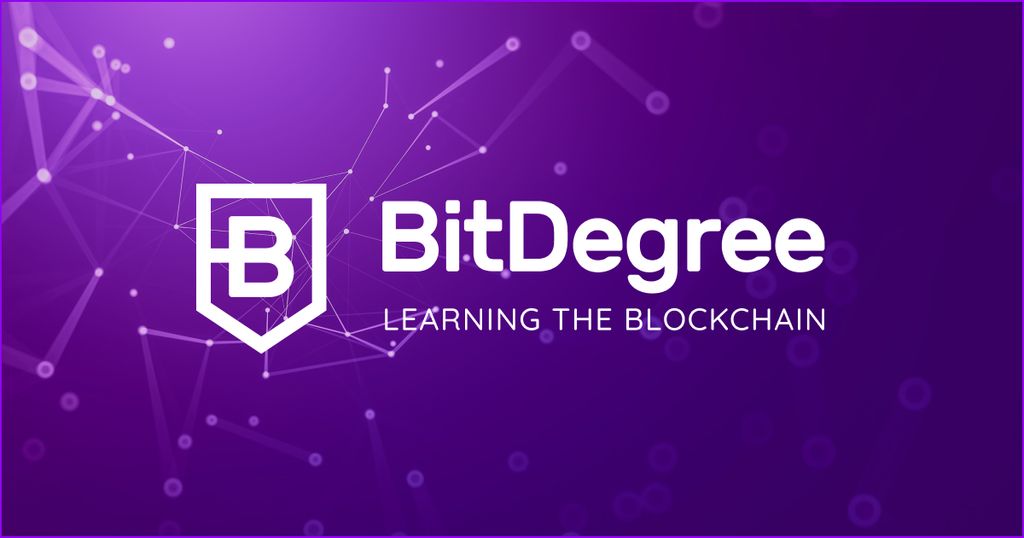Supreme Court Decision in NRA and Cantero: Implications for Choke Point 2.0 Operations and Custodia Bank


Yesterday, the U.S. Supreme Court announced two important cases that could have far-reaching implications for Bitcoin and cryptocurrencies. The decision is as follows National Rifle Association of America v. Vullo (NRA) and Cantero, et al. V. Bank of America, NA (mason).
in NRA, the court addressed important issues that affected not only traditional advocacy groups, but entire disadvantaged but legal industries. The ruling is similar to Operation Choke Point 2.0, which saw US regulators reportedly targeting cryptocurrency businesses through financial exclusion. Moreover, recently mason The decision highlights how this legal framework could impact Custodia Bank’s appeal of the Federal Reserve’s master account rejection.
NRA case
The National Rifle Association (NRA) has filed a lawsuit alleging that former New York Department of Financial Services (DFS) Superintendent Maria Vullo used her regulatory authority to force financial institutions to sever ties with the NRA. The NRA argued that this was an unconstitutional suppression of First Amendment rights.
Vullo argued that his actions targeted business practices and relationships and were not unconstitutional coercion because they were “non-expressive activities” rather than words. However, the Supreme Court ruled that this claim was wrong. “The fact that Vullo ‘regulates’ business activities stemming from the NRA’s ‘relationships with insurers and banks’ does not change the argument that her actions were aimed at punishing or suppressing her speech.” see NRA Decision, page 17 (internal citations omitted, emphasis added).
In vacating the Second Circuit’s ruling in Vullo’s favor and remanding the case, the Supreme Court reiterated that government officials cannot use coercion to indirectly punish or suppress adverse speech or advocacy.
Operation Choke Point
Operation Choke Point was a Department of Justice (DOJ) initiative aimed at “choking” companies deemed high risk by denying them access to banking and payment networks. Although these businesses, including gun dealers, payday lenders and adult entertainment, were legal, the DOJ pressured banks to end their relationships with them, citing “reputational risk.” The scheme had a major impact on legitimate businesses across a variety of industries by effectively forcing banks to comply under the threat of federal investigation. The FDIC finally settled lawsuits related to Operation Choke Point in 2019.
Operation Choke Point 2.0, a term coined to describe actions by U.S. regulators against the cryptocurrency industry, includes a series of informal guidelines and regulatory pressures aimed at financial institutions to limit or terminate their relationships with cryptocurrency companies. This reflects the ingenious and illegal Operation Choke Point, which targeted industries such as payday lending and gun sales without due process or clear legal justification.
Likewise NRAOperation Choke Point 2.0 involves regulators overstepping their bounds and using undue influence and outright coercion against unfavorable but legitimate actors. NRA We emphasize that such overreach is unconstitutional, especially when used to suppress certain viewpoints or industries. In both scenarios, regulators were accused of using their power to impose ideological positions rather than follow explicit legal mandates.
The crux of the NRA’s argument is that Vullo’s actions violated First Amendment rights. Likewise, if regulators target cryptocurrency businesses because of their negative views on decentralization and financial autonomy, this could be a similar violation. The Supreme Court’s ruling once again emphasizes that indirect suppression of expression through coercion is unconstitutional.
NRA It also highlights important due process issues where affected entities are denied a fair opportunity to defend themselves against covert regulatory actions. Cryptocurrency companies facing sudden account closures and banking restrictions without clear explanation or recourse raise serious due process concerns, mirroring the NRA’s experience.
Lastly, this is a bit of a guess. Now that the Supreme Court has made it clear, it can be argued that qualified immunity should not be extended to government officials who knowingly violate the Constitution when coercing or attempting to coerce First Amendment violations. Truth. Removing qualified immunity means such officials could be detained. personally Responsible for violating the Constitution.
that much mason Decision and its impact on Custodia Bank
that much mason The case involves Bank of America, a national bank, and whether interest must be paid on escrow accounts under New York state law. The Second Circuit dismissed the case based on the argument that New York law is preempted by federal law, but did not engage in the full analysis required of the issue. The Supreme Court unanimously ruled that while state laws that seriously interfere with the state’s banking authority are preempted, Congress provided detailed procedures outlined in the Dodd-Frank Act for determining whether preemption was appropriate. The court overturned the Second Circuit’s ruling, which required the circuit court to fully participate in a thorough review of the issue.
As part of this ruling, the court reiterated:
The United States maintains a dual banking system consisting of parallel federal and state banking systems. This dual system allows privately owned banks to choose whether to obtain charters from the federal or state governments.
Banks with a federal charter, called national banks, are primarily subject to federal supervision and regulation. And banks with state charters, called state banks, are subject to additional state supervision and regulation. These two banking systems coexist and compete.
mason We emphasize that finding that state law significantly interferes with national banking requires a nuanced analysis consistent with the Dodd-Frank Act and prior Supreme Court precedent, and we explicitly and implicitly acknowledge at a high level that the dual banking system is still alive. I emphasize. And um.
But if the Federal Reserve were able to exercise more than ministerial discretion in rejecting master accounts from national banks, the entire existence of the dual banking system could be invalidated. Furthermore, if the local Federal Reserve Bank actually has arbitrary discretion to approve or reject the master account (as Judge Skavdhal held in the Custodia District Court decision) and the Kansas City Fed claims the local Reserve Bank is private; , then the same undue influence and coercion claims. NRA This may have an impact here too.
conclusion
Supreme Court ruling in NRA and mason Both provide measures to address federal overreach related to Bitcoin and impact Operation Choke Point 2.0 and Custodia Bank’s access to the financial system. while NRA We believe it is immediately useful and will be used in the short term to outflank Operation Choke Point 2.0 and disrupt the banking of legitimate but disadvantaged industries and individuals. mason This seems to suggest that Custodia’s appeal is on solid footing. But at a more general level, this further exposes the unrestrained nature of the modern administrative state that opposes Bitcoin mining in EIA cases.
It’s a small victory. But they pile up like clay.
This is a guest post by Colin Crossman. The opinions expressed are solely personal and do not necessarily reflect the opinions of BTC Inc or Bitcoin Magazine.



